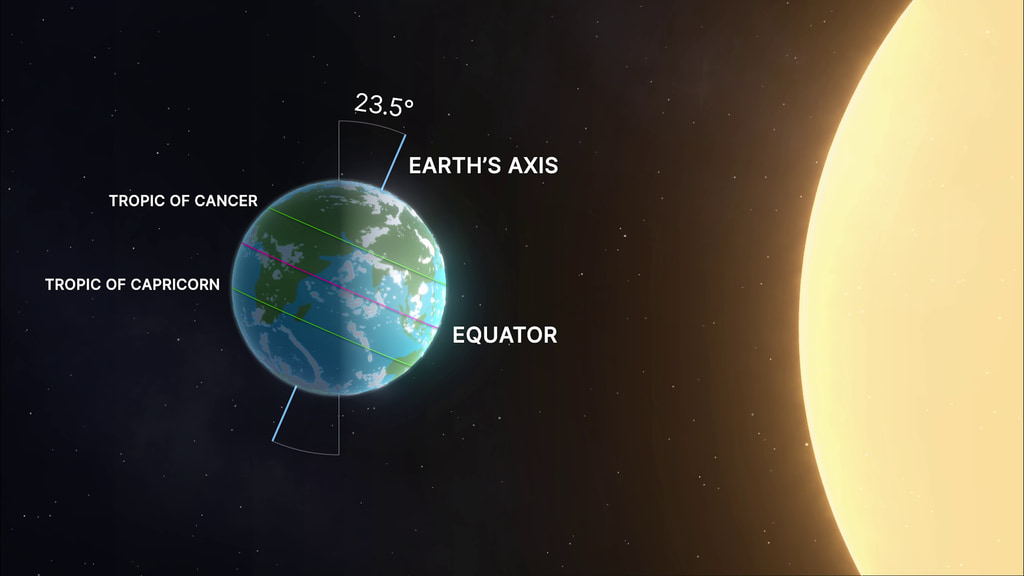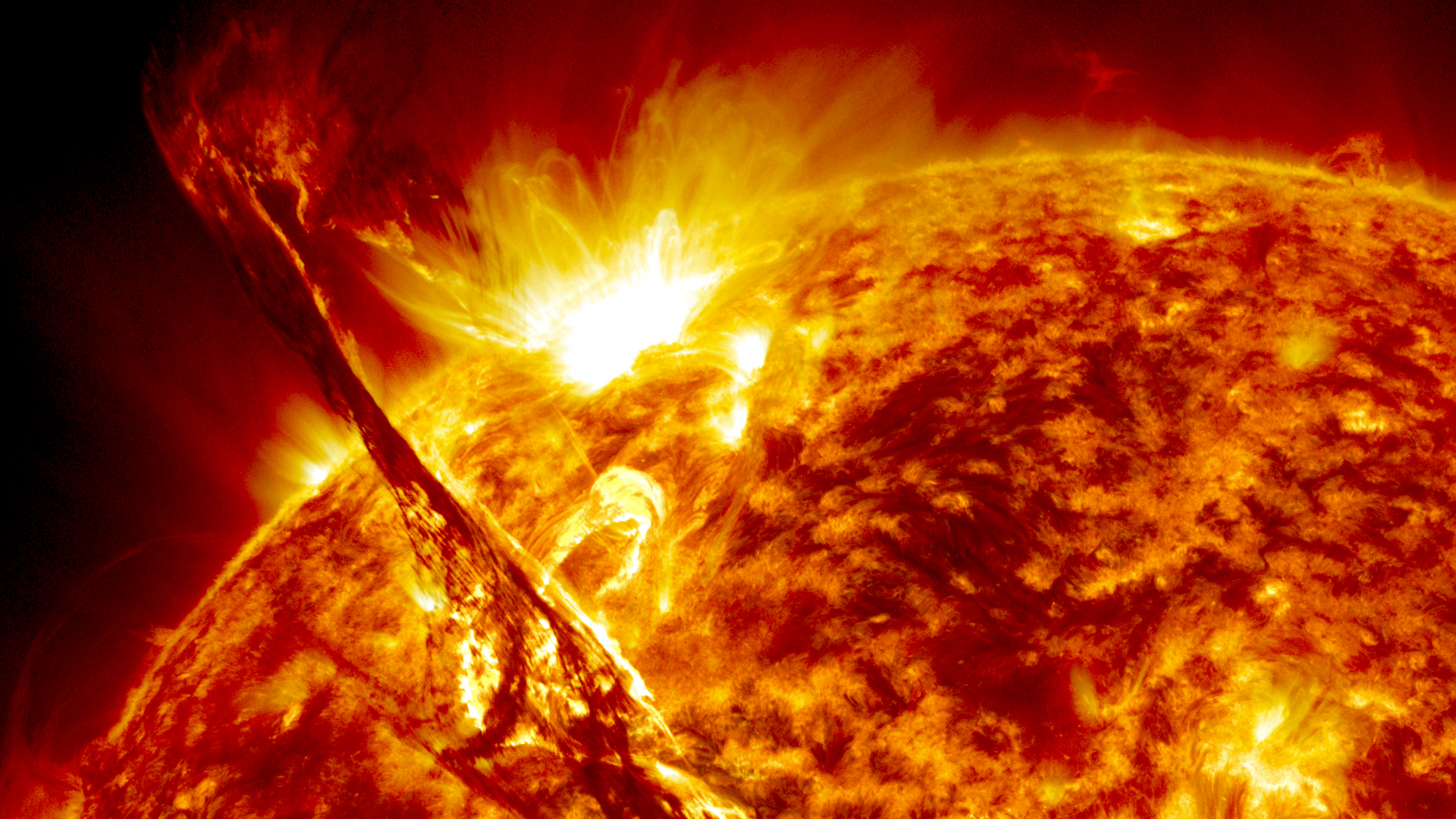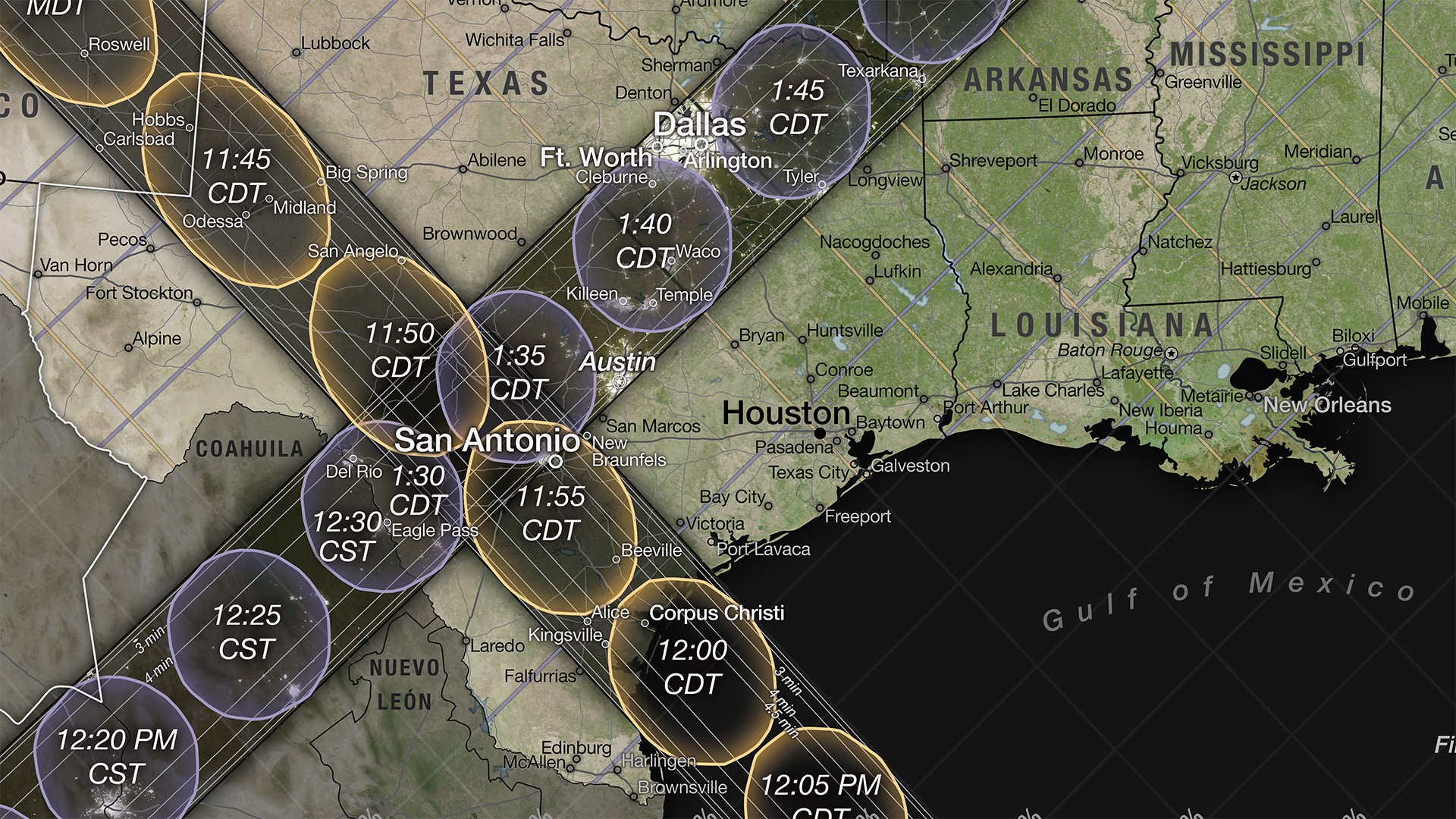NASA Interview Opportunity: Summer Solstice Leads to an Exciting Year for Our Sun Live Shots

On June 21 the Northern Hemisphere is officially kicking off summer with the longest day of the year! As this sunny season gets underway we want to celebrate the many ways our Sun powers life here on Earth. In the next year we’ll not only be seeing two solar eclipses across the U.S. but solar activity will also be ramping up as the Sun reaches the peak of its 11-year solar cycle. As we get ready for some fun in the Sun, we want to invite you to learn about our very active star.
For more information about the Sun-Earth connection, visit: www.nasa.gov/sunearth
Live interviews are available Wednesday, June 21, from 6:00 a.m. - 1:00 p.m. EST
Click here to request an interview: https://forms.gle/CAvoX9115zQGdk3w5
* Requests sent via the above form will have scheduling priority. Please do not email requests.
Suggested Anchor Intro:
Today is the summer solstice, the official start of summer for those of us in the Northern Hemisphere and the longest day of the year. That big blazing ball in the sky, our Sun, is getting ready for its own kind of increased activity. Here to talk about all the interesting things happening for our star is NASA expert XX.
Suggested Questions:
Today is the summer solstice. What does that mean?
NASA has some big plans to celebrate our Sun in the coming year. What makes this such an exciting time for our Sun?
You mentioned the Sun is getting more active. How will that impact us?
In the next year not just one but two solar eclipses will cross the United States. When are those happening, and what science does NASA do during an eclipse?
Where can our viewers go to join the fun in celebrating our star?
go.nasa.gov/HelioBigYear
Questions for longer interviews:
Thanks to Earth’s protective layers, solar activity doesn’t physically impact us on the ground. But it can harm our technology - such as satellites and power grids - and astronauts. How is NASA working to ensure the safety of astronauts who will travel to the Moon in the coming years?
How is our Sun helping us better understand stars outside our solar system?
Eclipses aren’t just incredible events to witness, they’re also scientifically valuable. What special science is NASA doing during the upcoming eclipses?
Do you have feedback for the Live Shot Program or want to be removed from our contact list? We would love to hear from you HERE!
Associated cut b-roll for the live shots. Graphcs as separated by a slate with the associated question. No audio
Canned interview with DR. ALEX YOUNG / Associate Director for Science. TRT: 4:04. SOTS are separated by slates with the associated question that he answers
For More Information
See the following sources:
Credits
Please give credit for this item to:
NASA's Goddard Space Flight Center
-
Producers
- Christina Brooke Mitchell (KBR Wyle Services, LLC)
- Angel Kumari (NASA/GSFC)
- Michelle Handleman (KBR Wyle Services, LLC)
- Lacey Young (KBR Wyle Services, LLC)
- Joy Ng (KBR Wyle Services, LLC)
-
Editor
- Beth Anthony (KBR Wyle Services, LLC)
Release date
This page was originally published on Tuesday, June 13, 2023.
This page was last updated on Tuesday, June 20, 2023 at 9:24 PM EDT.



![Credit: NASA's Goddard Space Flight CenterMusic: "Insect Village" by Anthony Donje [PRS] from Universal Production MusicComplete transcript available.](/vis/a010000/a014300/a014325/14325_AnnularEclipseExplainer_FB.00120_print.jpg)

